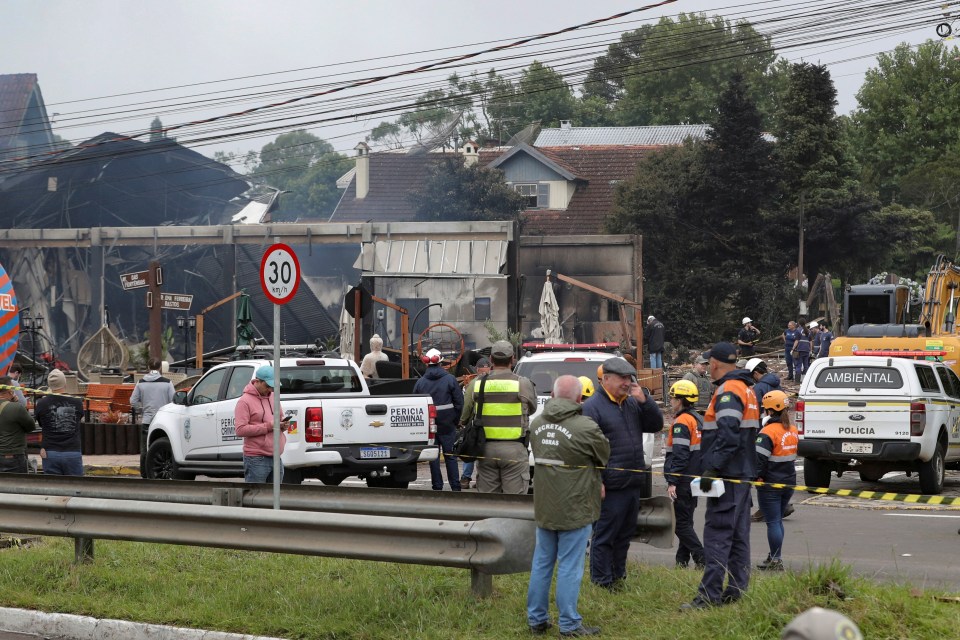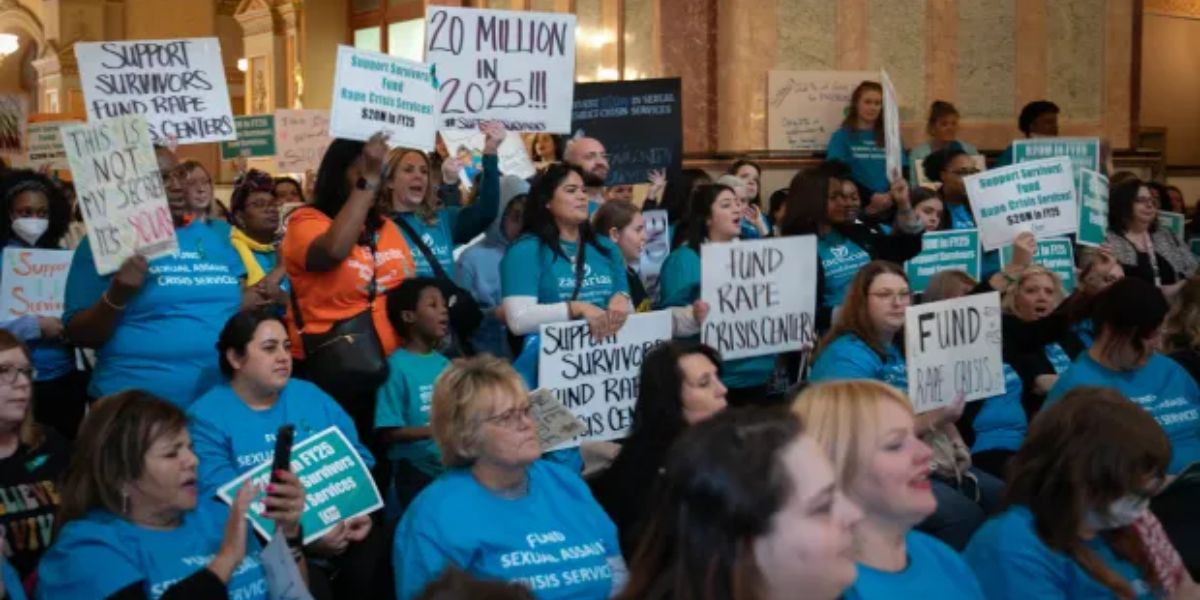Illinois Commits $20 Million to Address SEXUAL ASSAULT CRISIS Amid Federal Cuts
When state lawmakers in Springfield adopted a spending plan in the early hours of the morning this week, it included a $20 million injection of funding to offset federal cuts that resulted in layoffs and forced the closure of rape crisis centers throughout Illinois.
Advocates claim that the shortage of available counselors, advocates, and rape crisis centers due to government funding cuts last fiscal year resulted in 1,400 fewer sexual assault victims receiving care.
The announcement of state financial approval comes less than a week after NBC 5 Investigates’ recent series “Dismissed” revealed how reported sexual assaults in Chicago seldom resulted in an arrest and conviction.
An NBC 5 Investigates analysis shows that authorities arrested fewer than 1,600 people for the more than 21,000 sex crimes reported to Chicago police between 2018 and 2023. Court records show that hundreds of cases withered on the vine while in court. Overall, our analysis revealed that only 1.5 percent of all recorded sex crimes resulted in sex crime convictions with prison terms.
In more than 200 other convictions filed in Cook County criminal court, we discovered that those charged and indicted on sex charges pleaded guilty to lesser charges, such as an aggravated battery or kidnapping, which meant they faced little to no prison time or did not have to register as a sex offender.
The total result is what one expert refers to as “case attrition,” which can lead survivors to believe that their accounts of sexual assault have been undercut or ignored.
According to the Illinois Coalition Against Sexual Assault, federal funding cuts have resulted in the closure of five satellite rape crisis centers in Illinois over the last year, and 14 hospitals no longer have 24/7 emergency response from sexual assault advocates to assist survivors in their time of need. Debra Perry, Director of Advocacy and Crisis Prevention Services at the South Suburban YWCA in Chicago Heights, told NBC 5 Investigates, “There are a lot of survivors out there who are not receiving services, so they don’t know what their options are.”
Perry stated that due to federal financial cuts to the Victims of Crime Act, which rape crisis centers rely on for funding, the YWCA was forced to lay off seven employees and halt collaborations with local hospitals.
Counseling waitlists, which were already months long, became significantly longer.
“What we know is that probably over two-thirds of the rape crisis centers had to terminate at least one staff person as a result of our funding cuts,” said Carrie Ward of the Illinois Coalition Against Sexual Assault.
According to Ward, the reduction resulted in approximately 1,400 sexual assault victims going untreated during a critical period.
As part of our ongoing coverage, NBC 5 Investigates interviewed multiple survivors of sexual assault. Among them was Shelavontay Tucker, who volunteered to be interviewed about her 2019 sexual assault, which resulted in the dismissal of two sexual assault charges against her ex-boyfriend, who later pleaded guilty to one kidnapping offense.
“I had to seek counseling. I ended up getting prescribed antidepressants and anxiety medication. Tucker said, “I wanted to commit suicide and didn’t know how to discuss it with my husband or anyone else.”Tucker stated that her counseling provided her with wisdom during a time when everything seemed gone.
Advocates like Perry and ICASA members got some good news this week when Illinois state lawmakers approved the state’s spending plan, which includes ICASA’s request for $20 million in sexual assault services.
“It will imply that we will be able to rehire people from services where they were previously laid off. So [the] counseling program will now have extra counselors to accommodate the clients who are currently on our waiting list. Which is great news.”
Advocates do not consider the $20 million “new money.”
Instead, Perry stated that it would simply make up for what was lost last year. ICASA will handle the money and allow advocacy organizations such as the YWCA to apply for financing.
Carrie Ward of the Illinois Coalition Against Sexual Assault stated of the state budget increase: “We are incredibly grateful that the General Assembly responded to our call to invest increased state funding in sexual assault services throughout the state of Illinois.” Once the budget bill is signed and the funds are available, ICASA will distribute the funds among the 31 ICASA centers following our application and allocation criteria and processes.
Ward stated that the money would be disbursed following the ICASA application assessment process.
“We intend to use the money as asked to mitigate the impact of federal VOCA budget cuts. by restoring or bolstering programs that were lost or reduced as a result of cuts, raising wages for sexual assault program personnel to offset the impact of inflation, staff turnover/burnout, and salaries that have not kept up with the market,” she stated.
Ward also told NBC 5 Investigates that the funds given may help mitigate the impact of another loss of federal support when American Rescue Plan Act payments expire.










